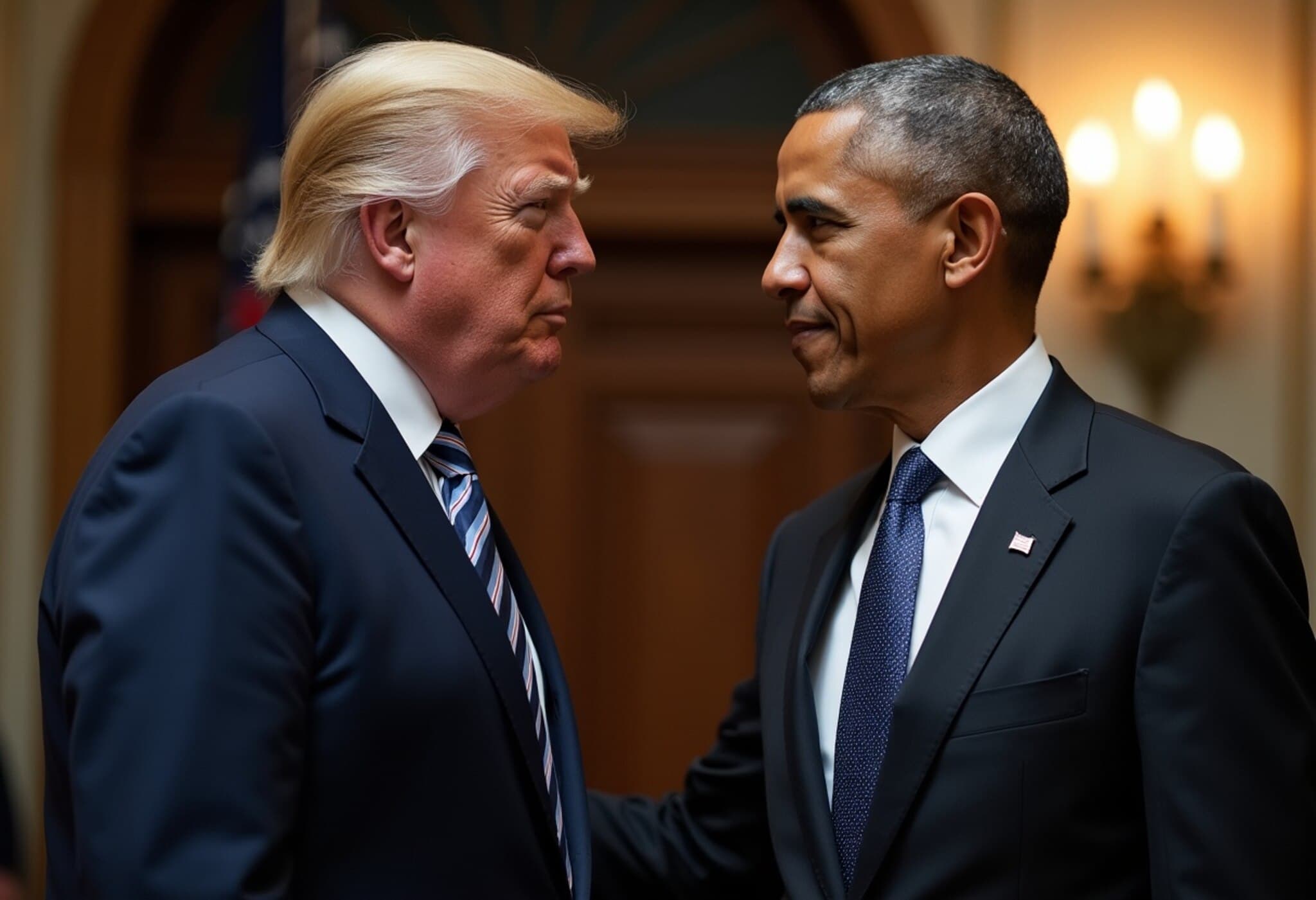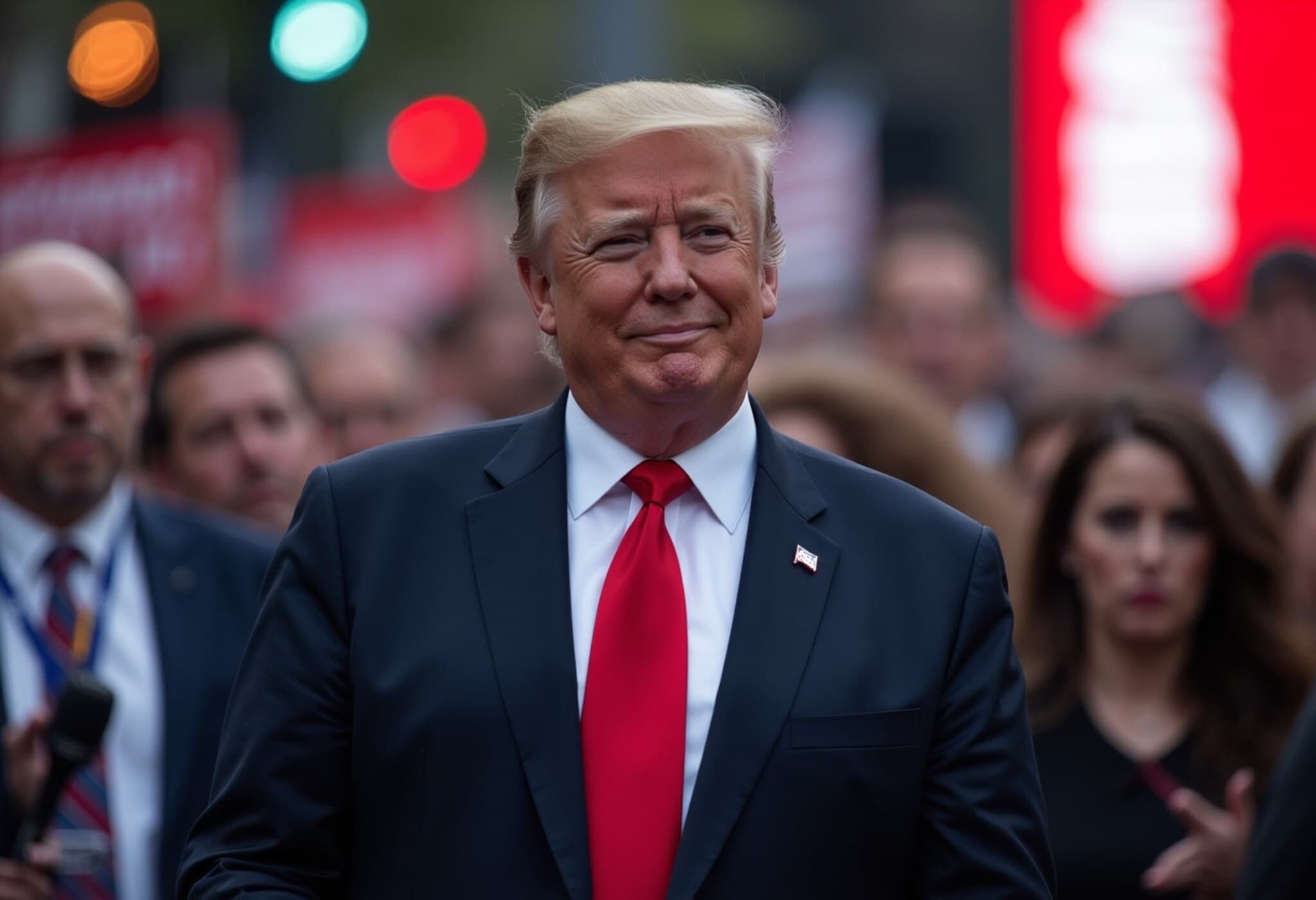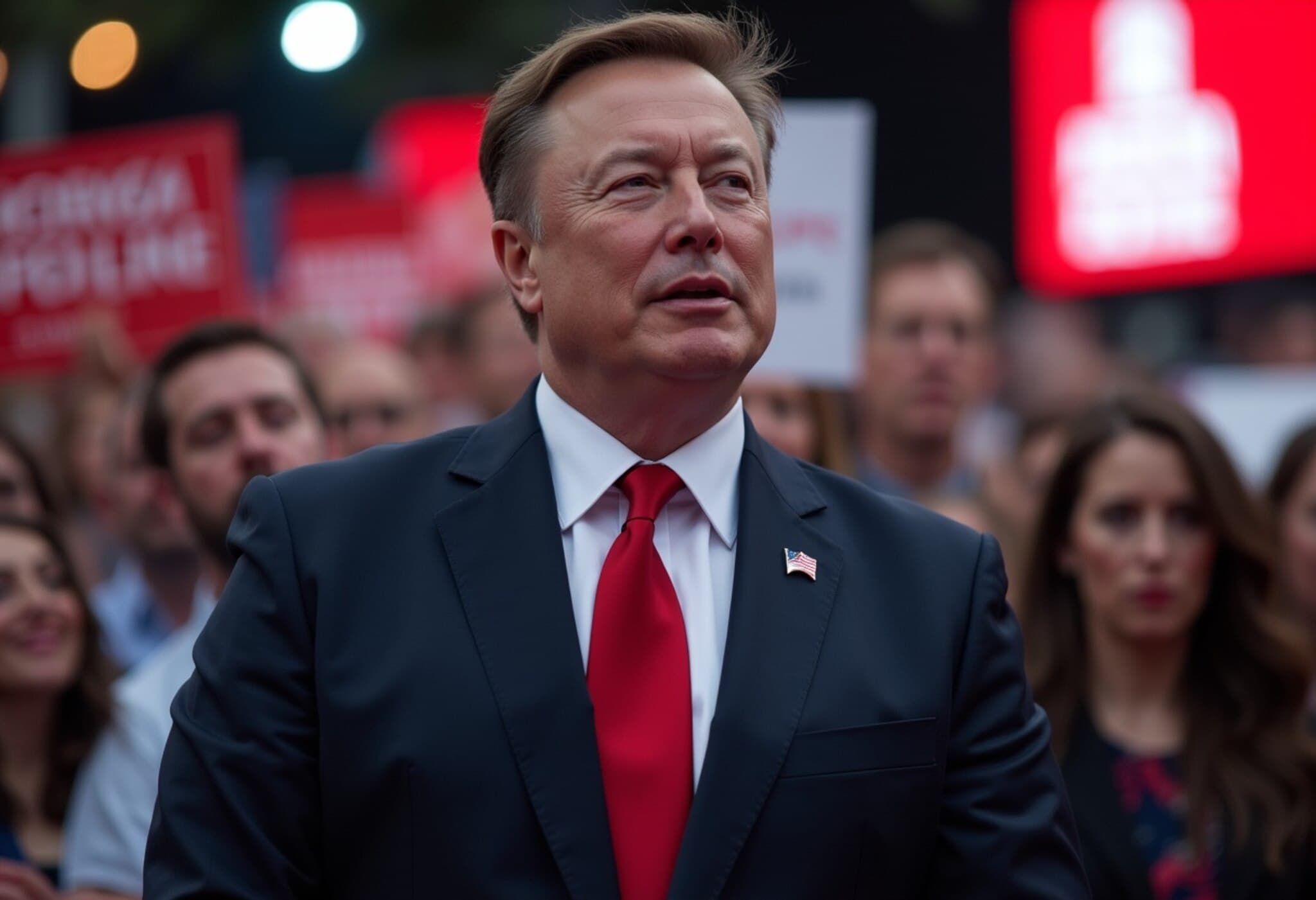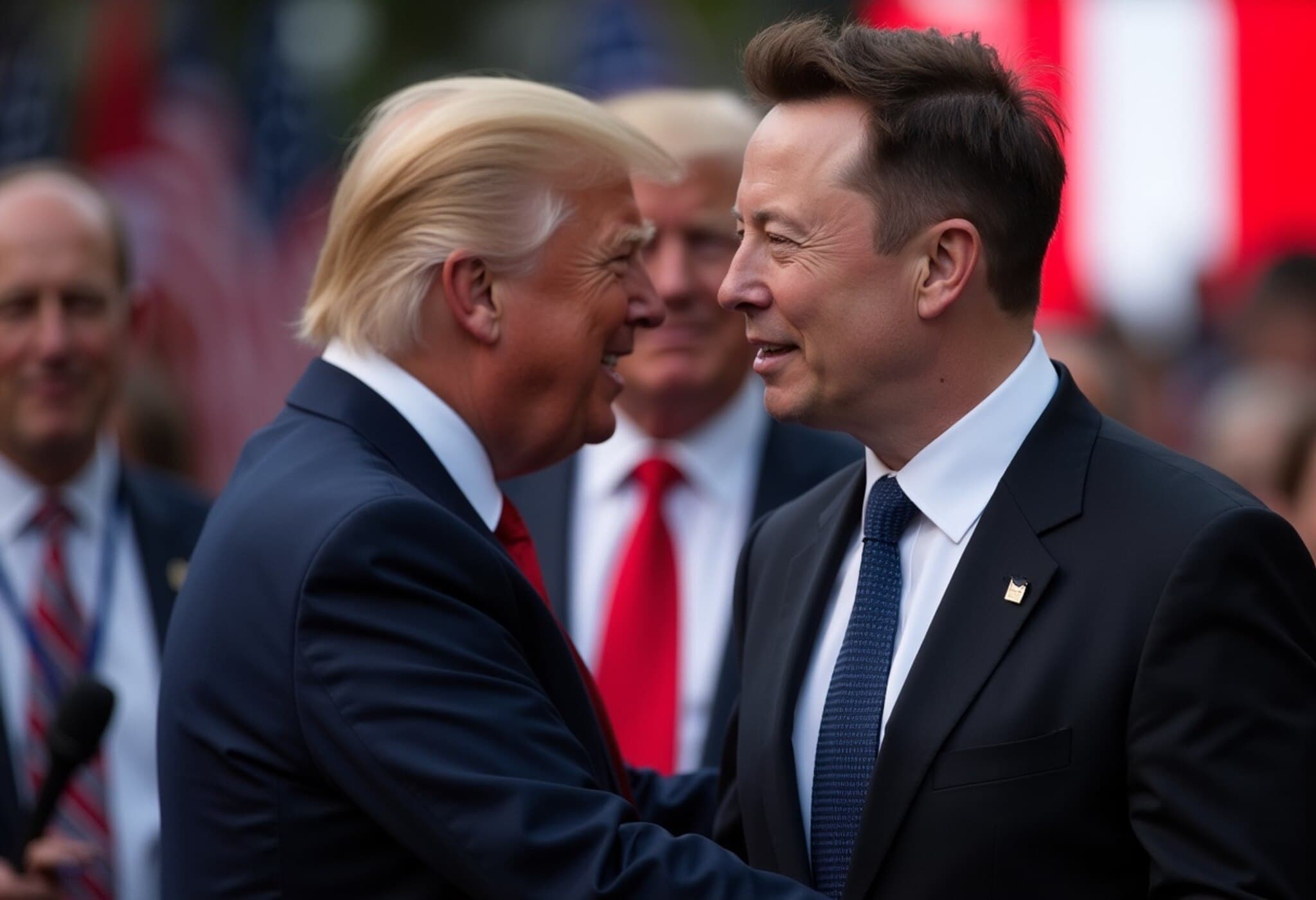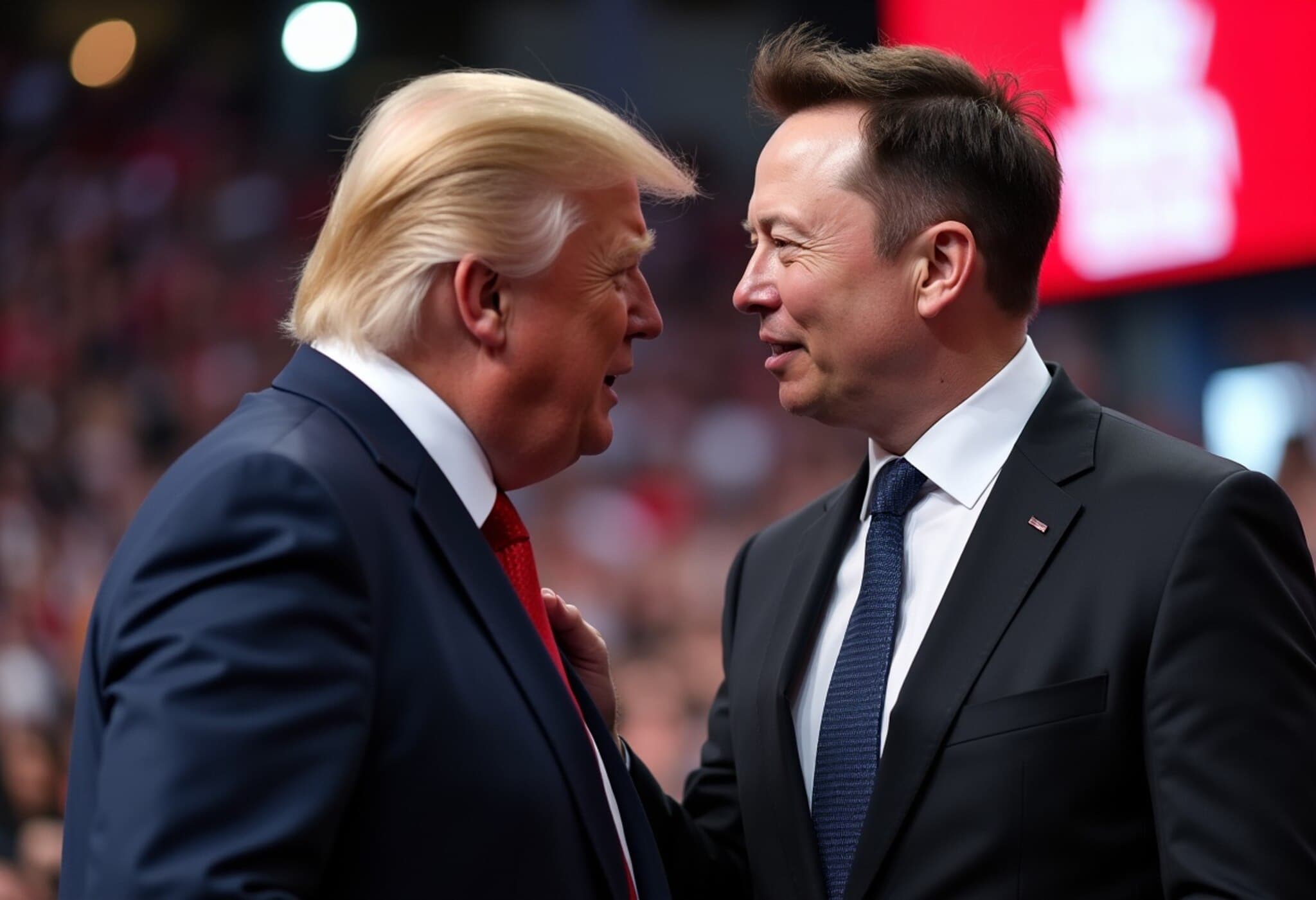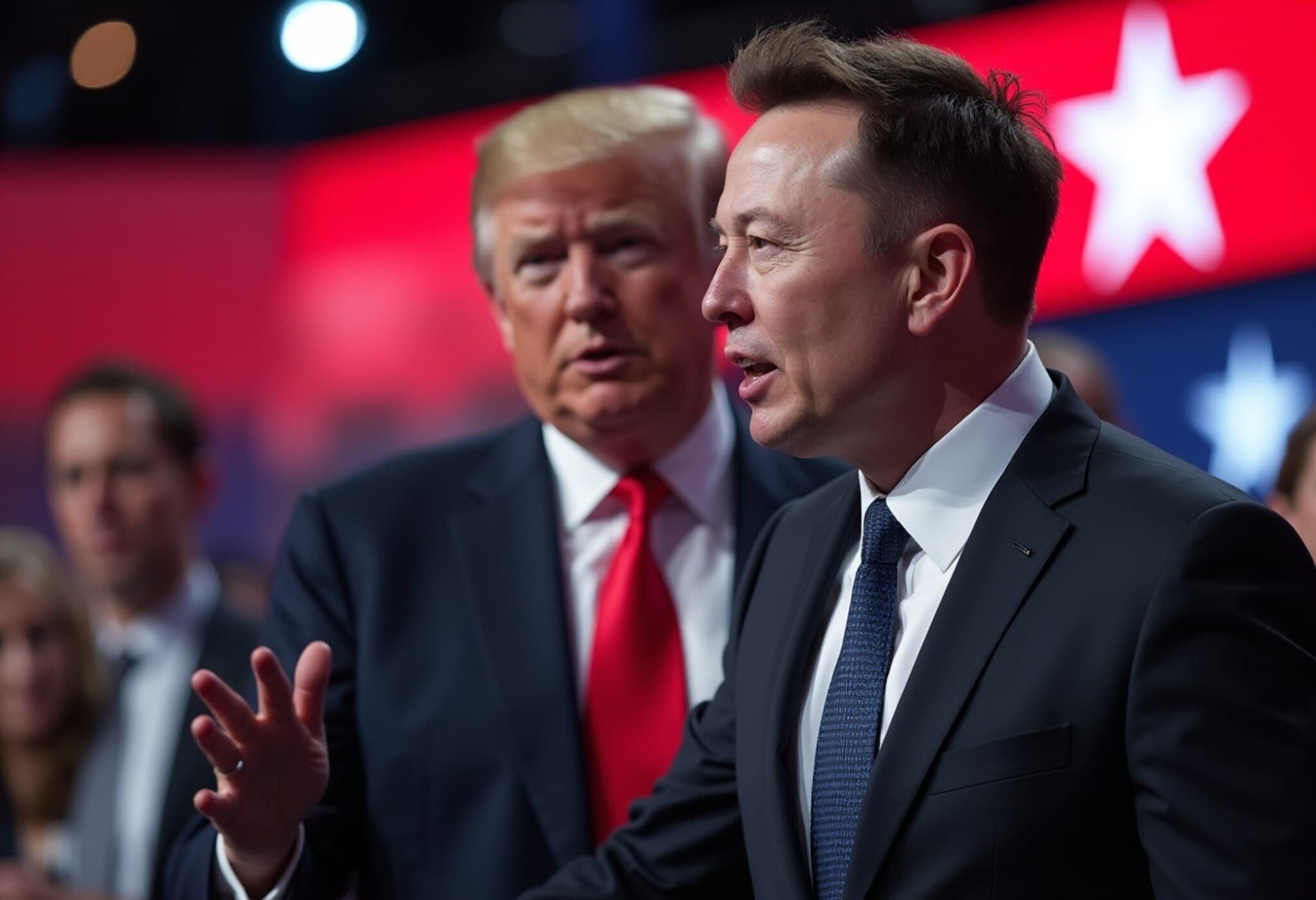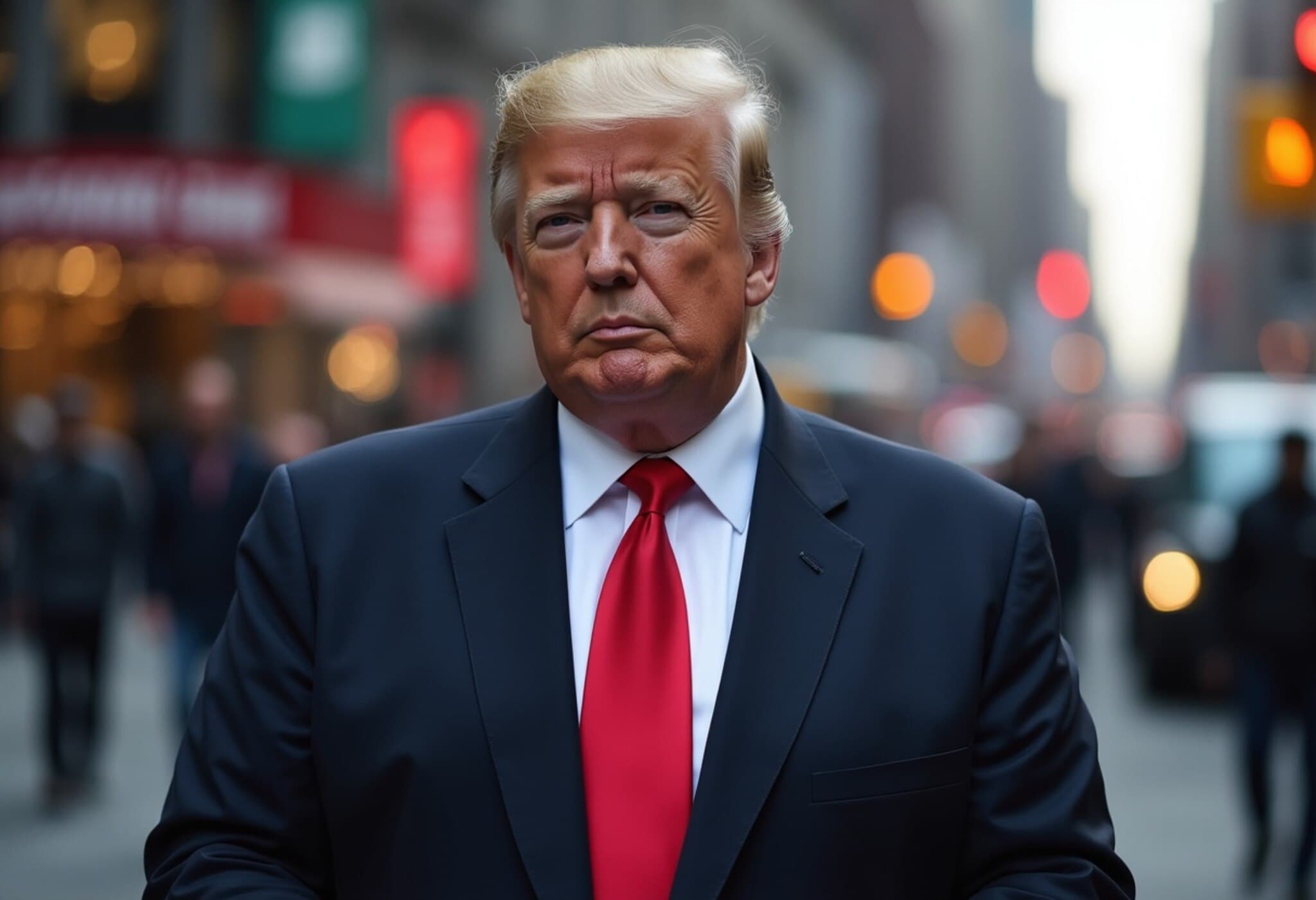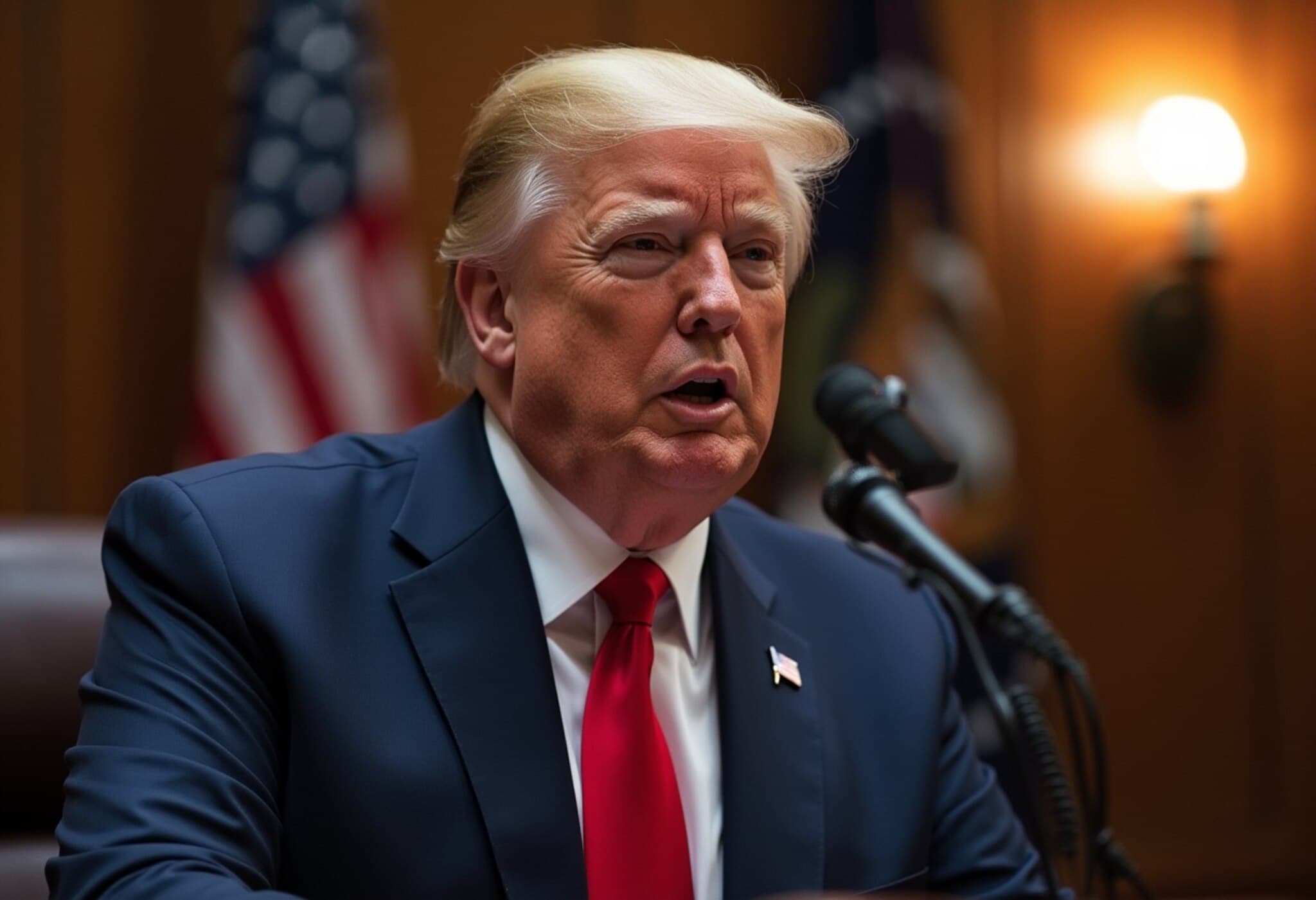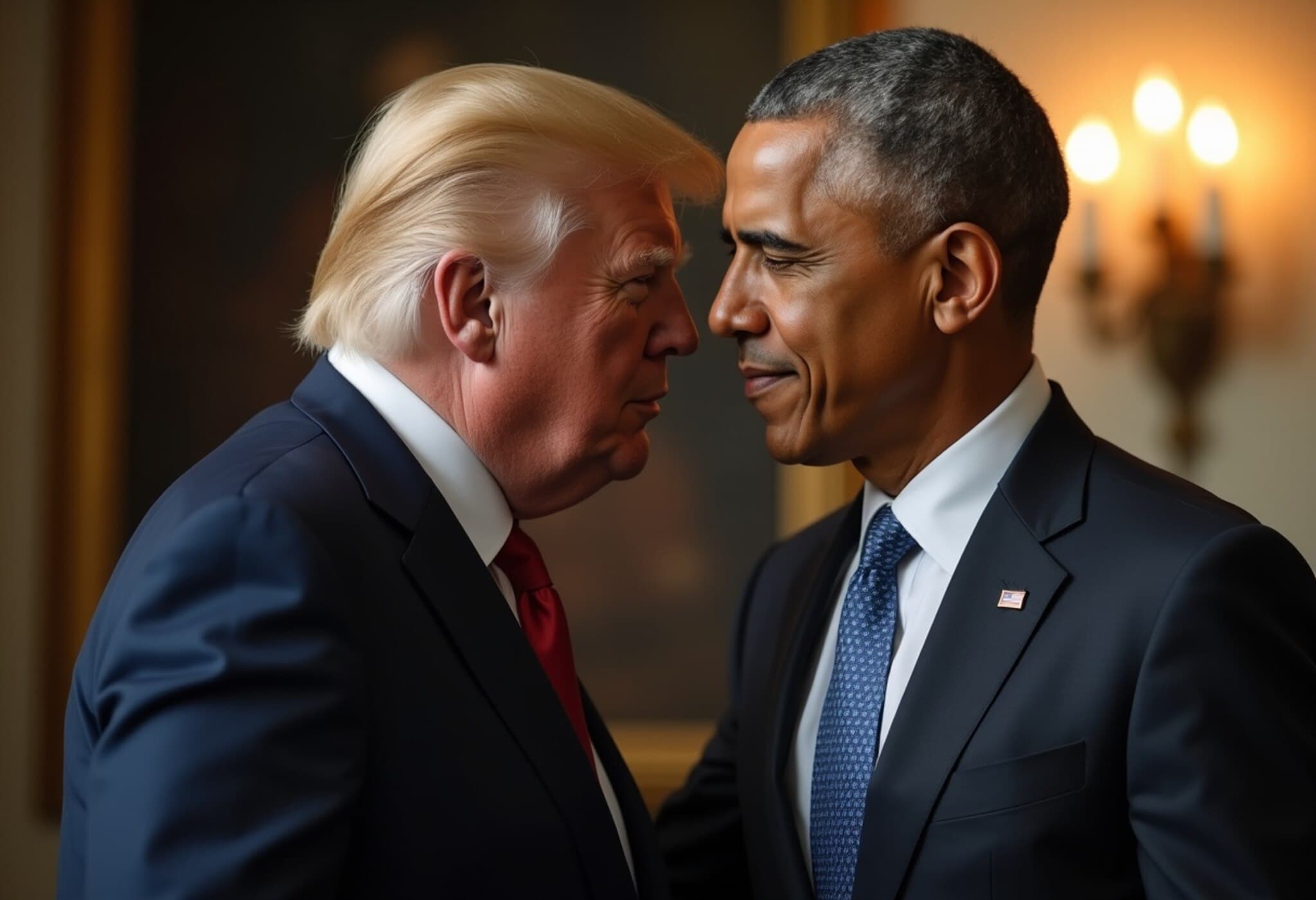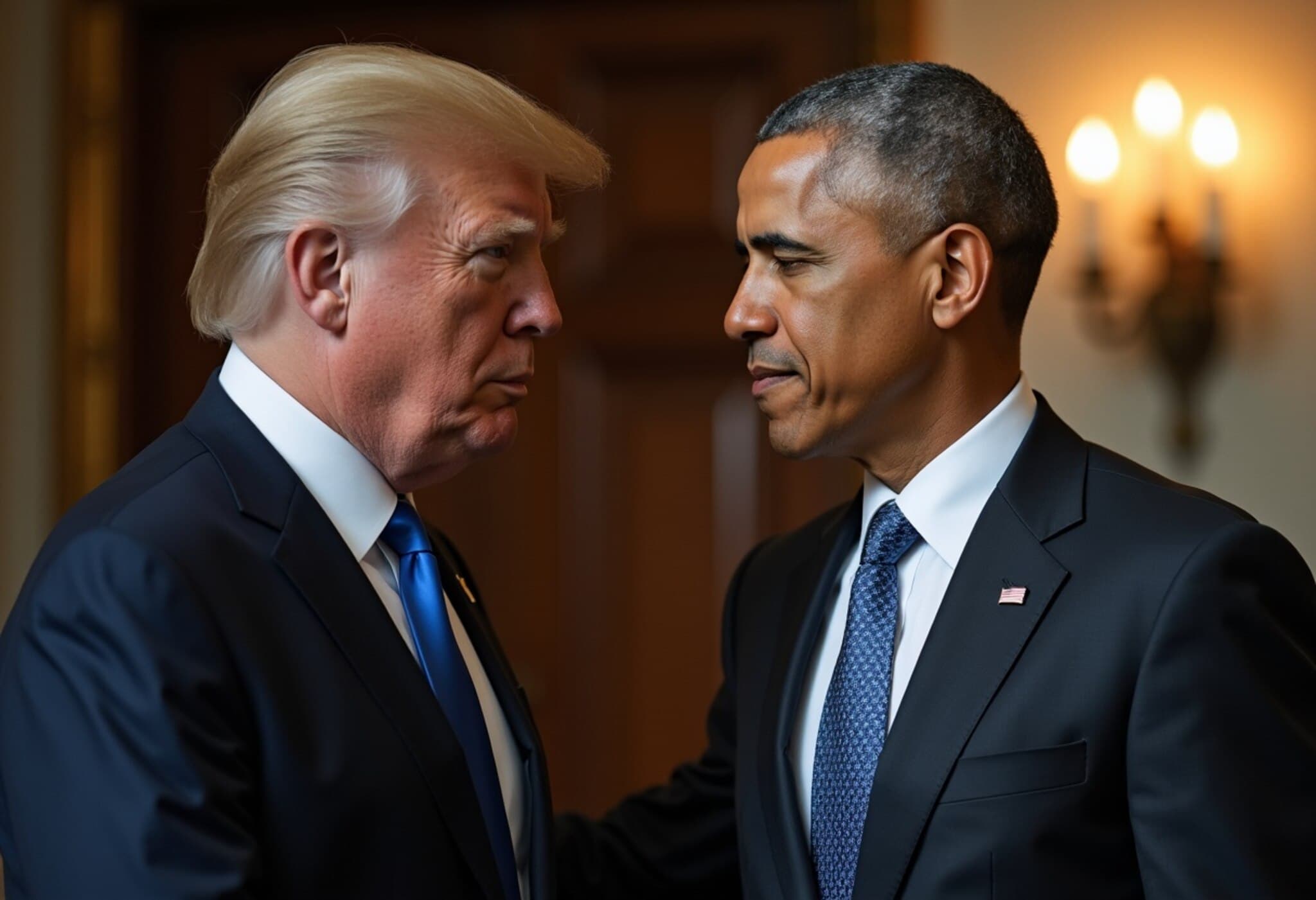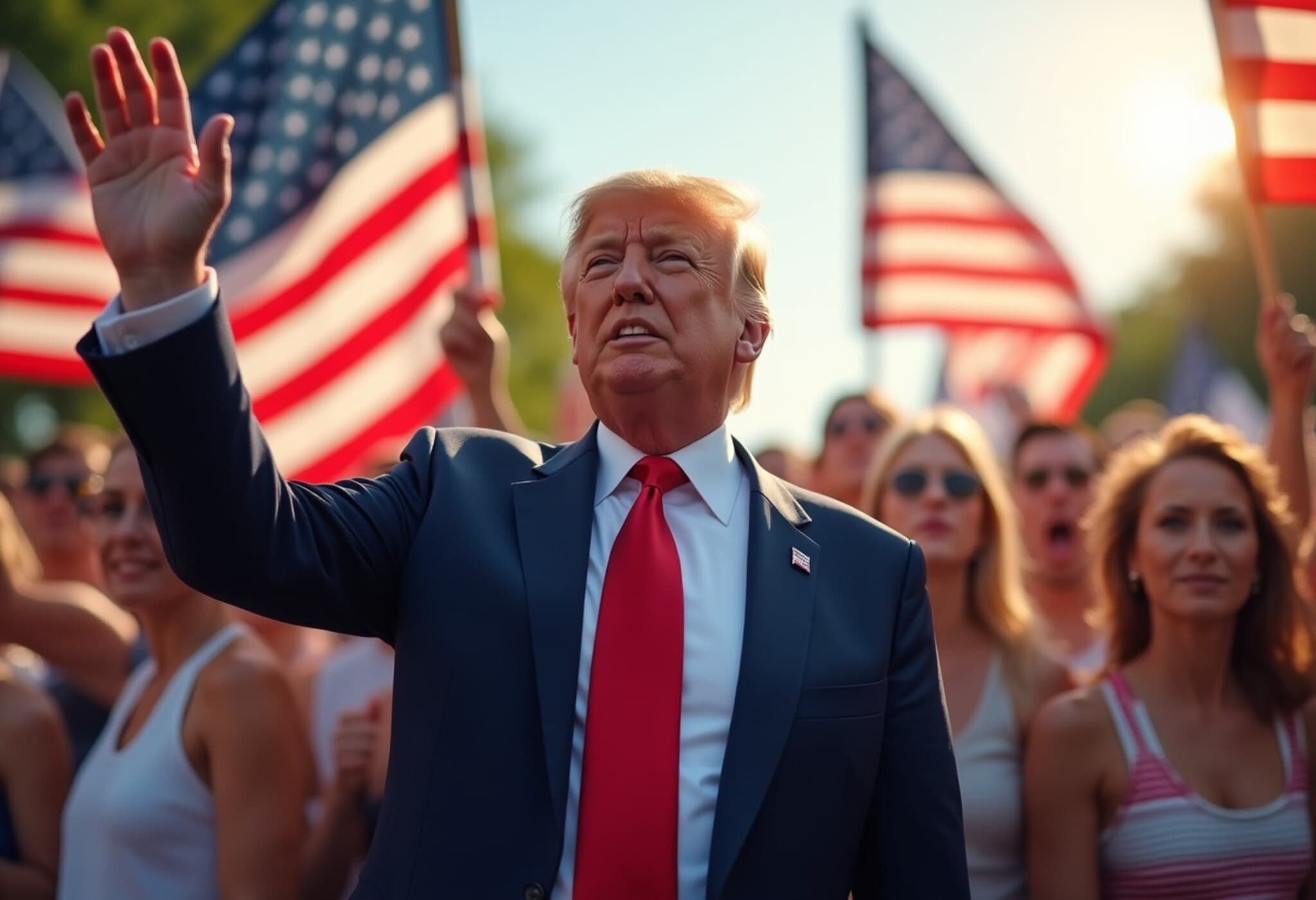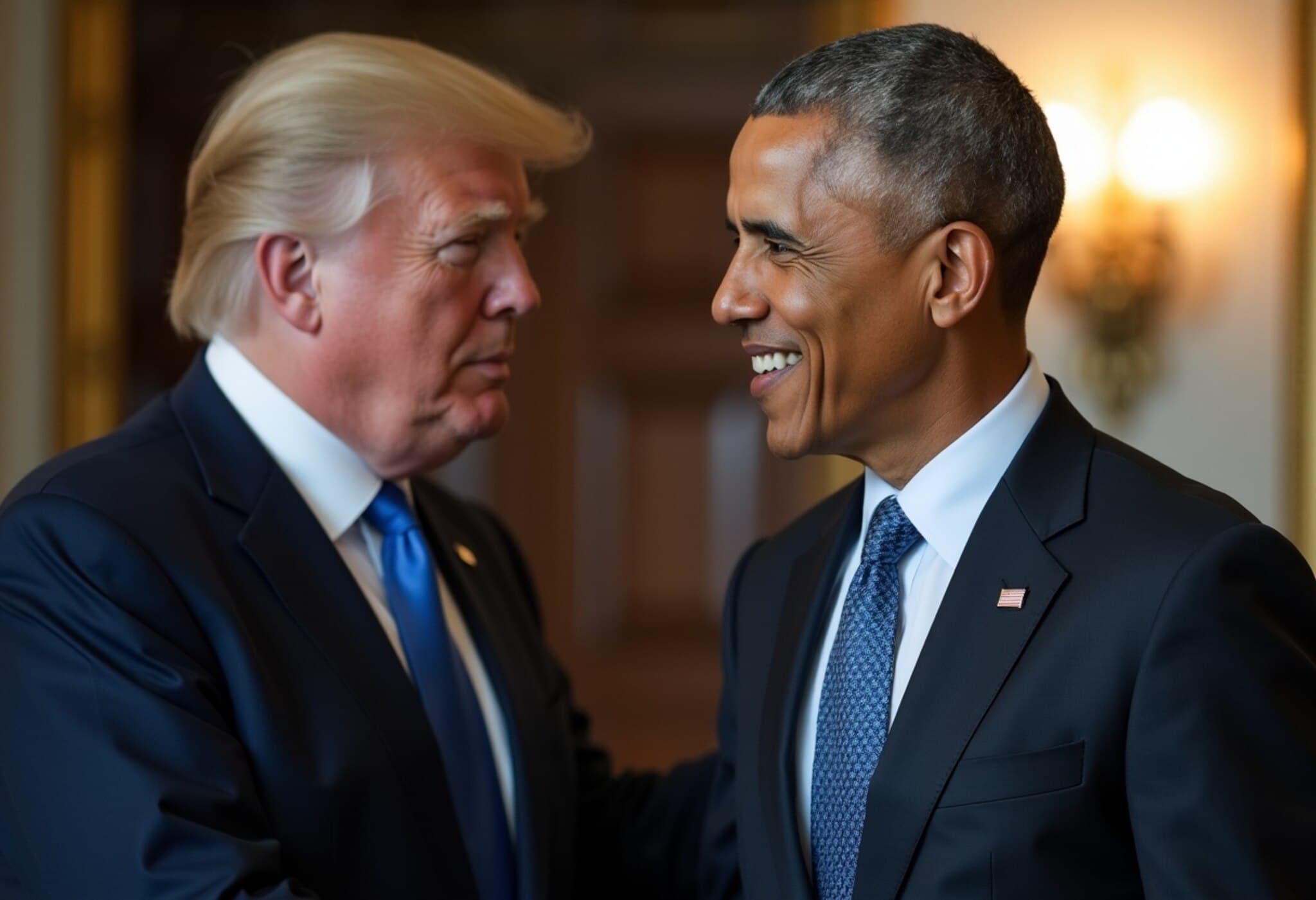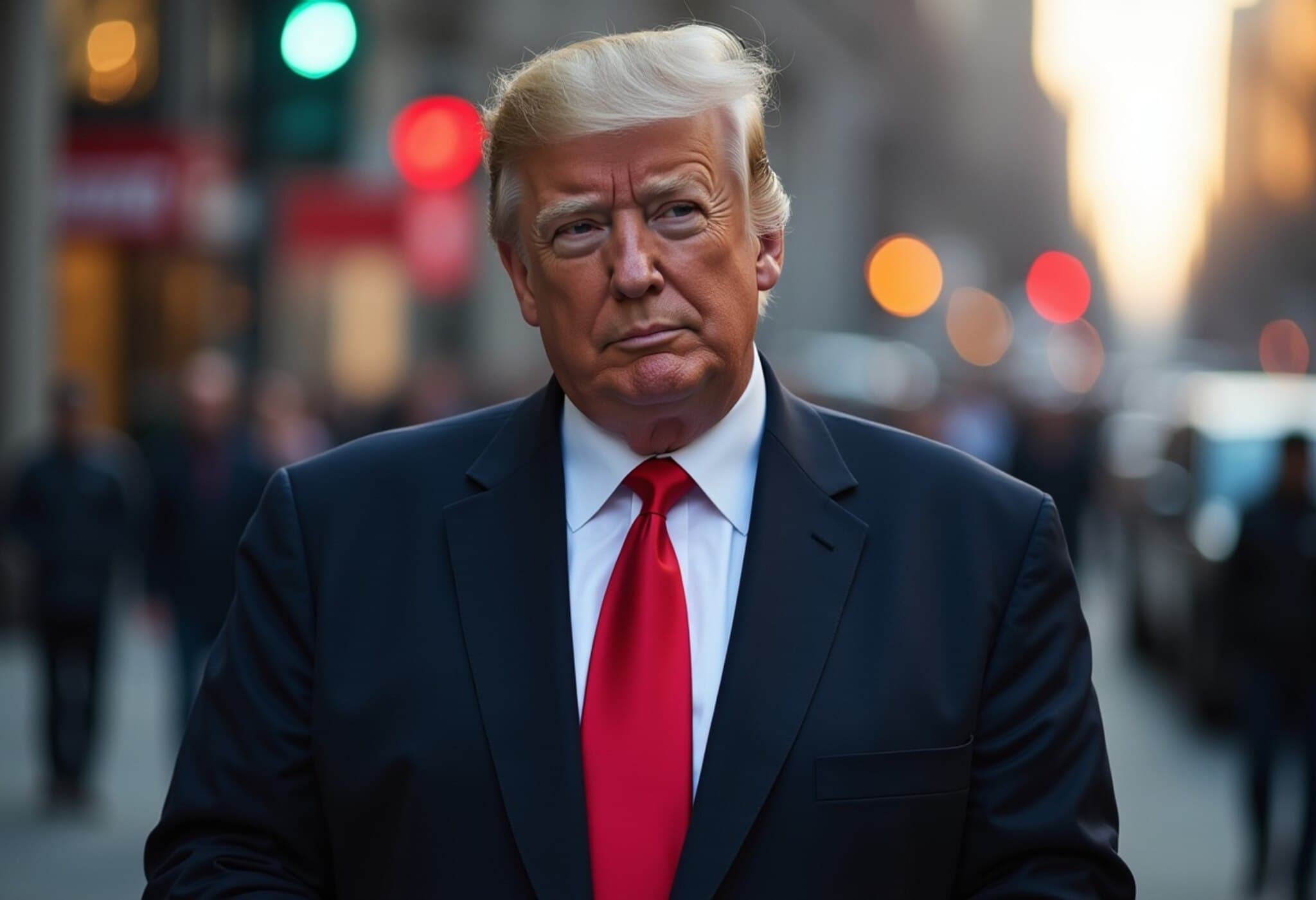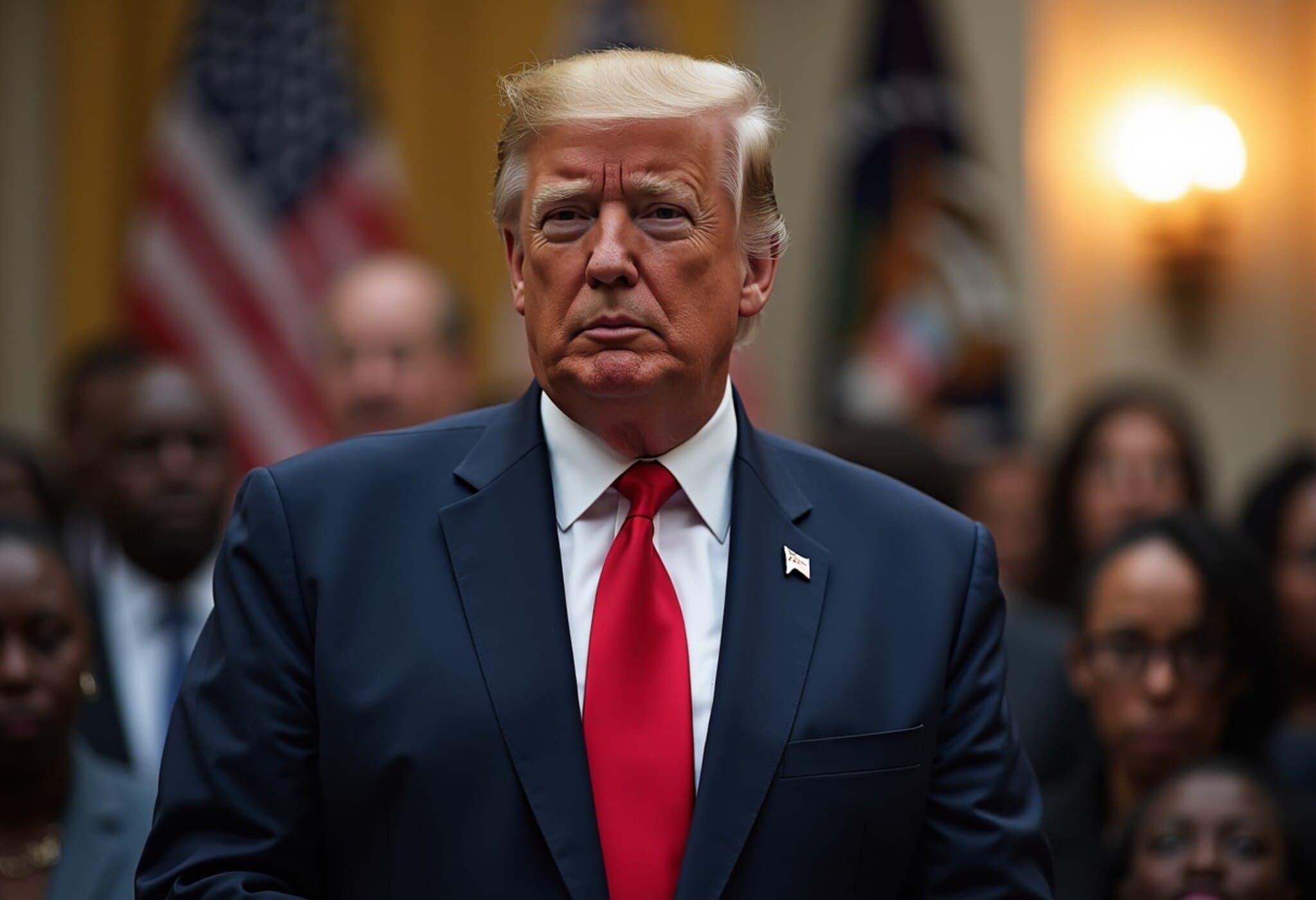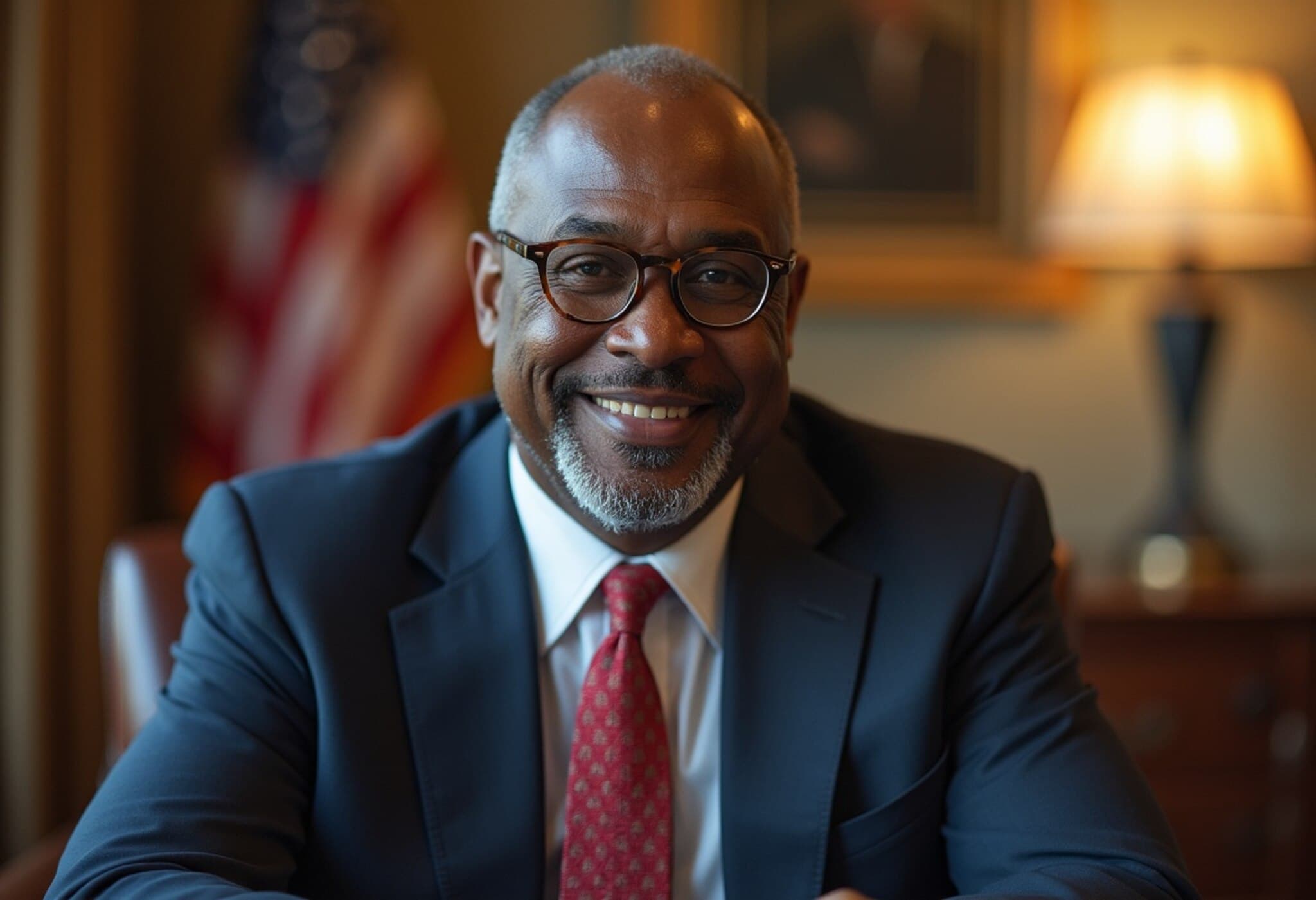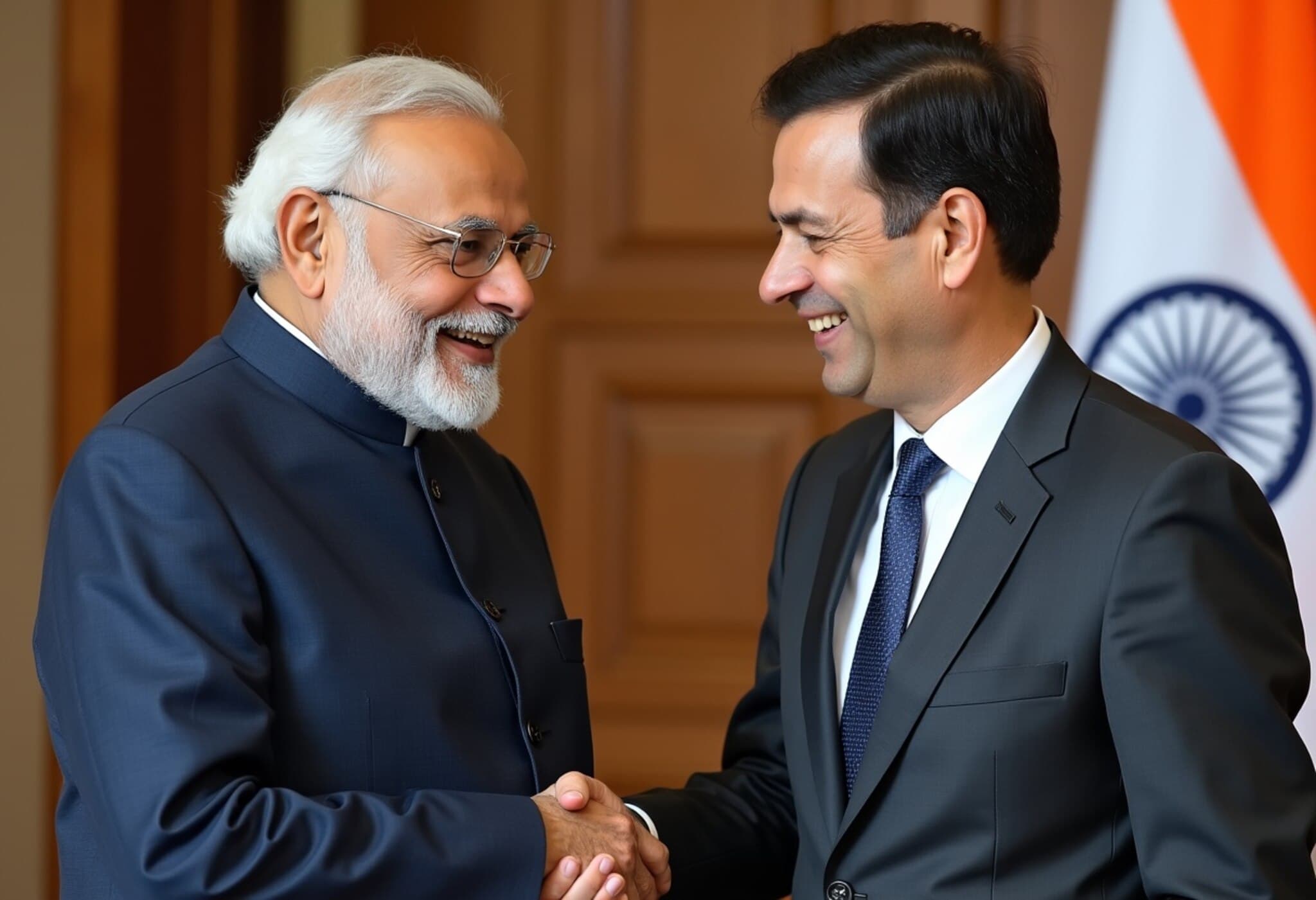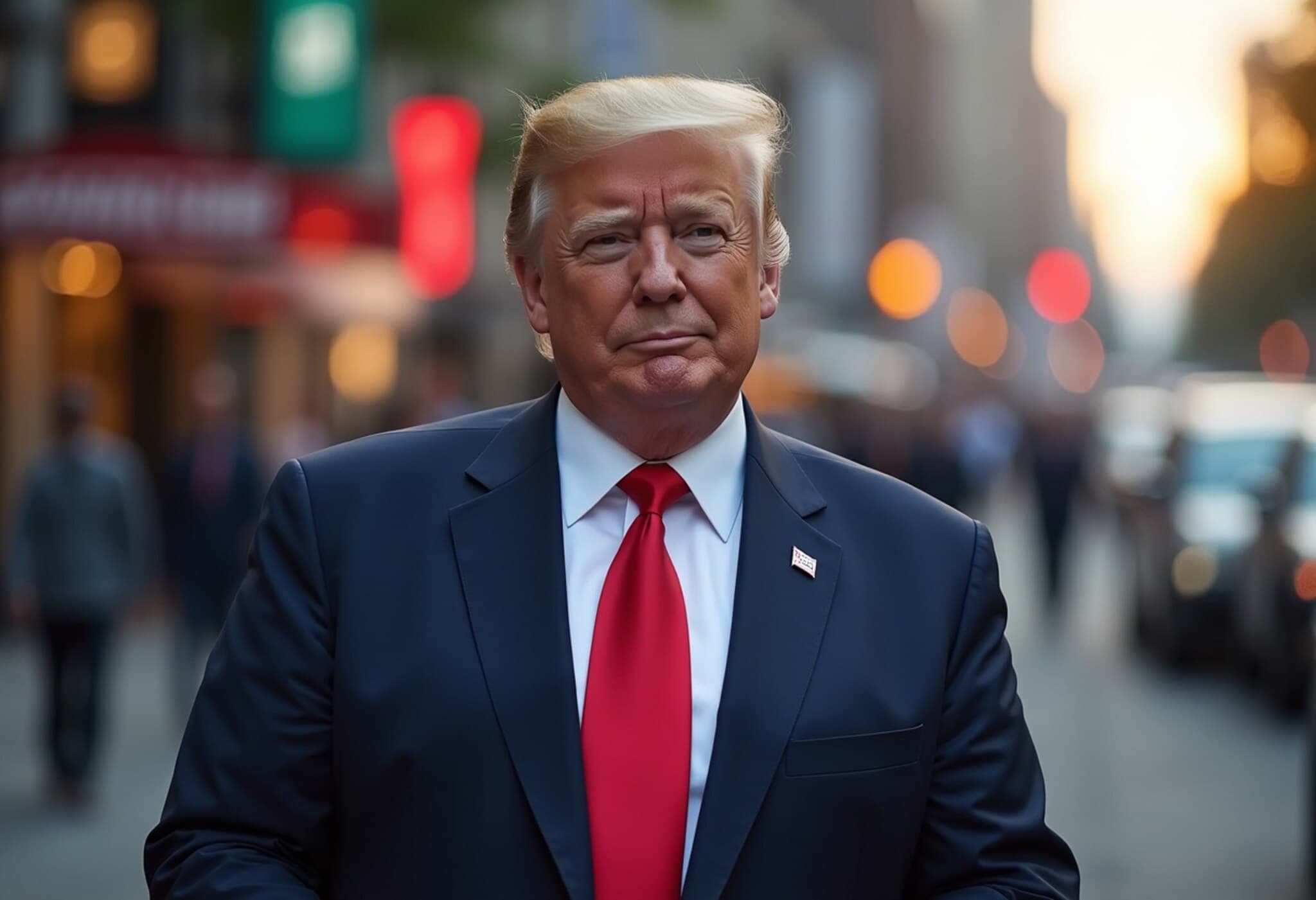Trump Levels Bold Treason Allegations Against Obama Amid Resurfacing 2016 Russia Investigation
On July 23, 2025, President Donald Trump reignited a firestorm by accusing former President Barack Obama of committing treason—allegations tied to the 2016 U.S. presidential election and Russia’s interference. The accusations, made without presenting new evidence, claim that Obama orchestrated a conspiracy intended to sabotage Trump’s 2016 campaign.
Unfolding the Allegations: A Closer Look
In remarks delivered from the Oval Office, Trump cited statements from Tulsi Gabbard, the current head of the intelligence community, who recently declassified documents framing the Obama-era handling of the Russia investigation as a “treasonous conspiracy.” Trump asserted, "It’s there, he’s guilty," alleging an orchestrated effort by Obama administration officials to undermine the democratic election process.
Such claims are emblematic of Trump’s longstanding narrative that the Russia probe was a politically motivated “witch hunt.” He contends that the investigation not only targeted him unfairly but also caused systemic damage to the country’s political integrity.
Contextualizing the Russian Interference Findings
Independent investigations over the past decade have examined Russia’s role in the 2016 election extensively:
- 2017 U.S. Intelligence Community Assessment: Determined that Russia used disinformation campaigns, hacking, and social media manipulation to influence the election, aiming to harm Democrat Hillary Clinton and benefit Trump. However, it found no conclusive evidence that these efforts changed the election outcome.
- 2020 Bipartisan Senate Intelligence Committee Report: Confirmed Russia’s tactics involved figures like Paul Manafort and platforms such as WikiLeaks, targeting the election to favor Trump.
Despite these findings, Trump has persistently dismissed the investigations as fabrications, fueling partisan divisions.
Political and Legal Ramifications
The gravity of Trump's accusations cannot be overstated, as calling a former president guilty of treason cuts into the heart of U.S. political norms and legal frameworks. Treason, constitutionally defined as levying war against the U.S. or aiding enemies, requires incontrovertible evidence for prosecution, which has yet to surface.
Trump hinted at imminent legal action against Obama-era officials, describing the Russia investigation as an attempted “coup.” These comments come amid intensified partisan distrust and raise critical questions about the politicization of intelligence agencies.
Responses and Reactions
- Obama’s Camp: As of now, no official response has been issued regarding Trump's allegations.
- Democratic Leaders: Figures like Congressman Jim Himes denounced the claims as baseless, pointing to bipartisan Senate findings affirming no politicization in intelligence activities linked to 2016.
- Republican Allies: Some, including Secretary of State Marco Rubio, have been cited by Democrats as instrumental in upholding the integrity of the investigations.
Tulsi Gabbard's role in declassifying documents has stirred controversy, with critics accusing her of fueling politically motivated conspiracies that undermine public trust.
Why These Allegations Matter: Broader Implications
This renewed conflict spotlights enduring fissures in American politics—where facts, perception, and media narratives clash. It also underscores the challenges facing democratic institutions in an era where former presidents and current leaders publicly accuse each other of criminal acts without judicial adjudication.
The allegations also reverberate in the context of media literacy and the spread of misinformation, especially on platforms like Truth Social, where doctored videos and misleading content can amplify partisan divides.
Looking Ahead: What Americans Should Watch For
- Whether any formal investigations emerge related to these latest claims.
- The political impact on the 2026 midterms, where election integrity and trust in intelligence agencies remain pivotal issues.
- Potential legal challenges or congressional inquiries prompted by the accusations.
Editor’s Note
Claims of treason against a former U.S. president represent a seismic shift in political discourse and demand rigorous scrutiny. While accountability is essential, it must be grounded in evidence and legal process to safeguard democratic principles. Readers are encouraged to critically evaluate unsubstantiated allegations and consider the broader consequences for institutional trust and political stability in the United States.

